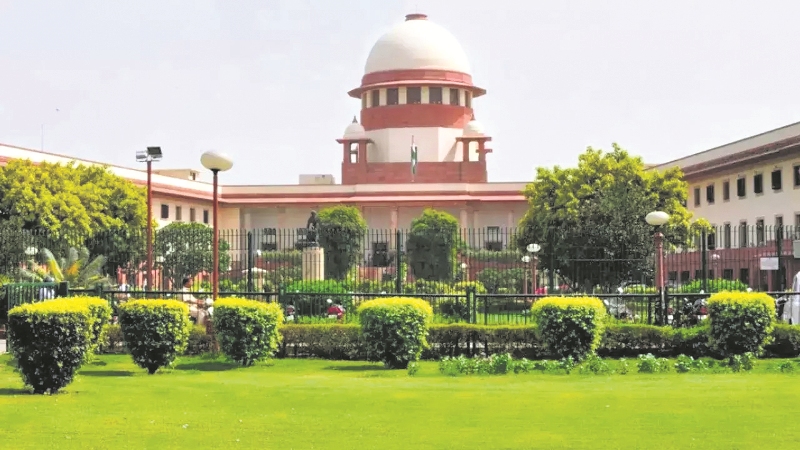Guwahati: The Supreme Court on Thursday granted interim protection for four weeks to journalist Abhisar Sharma in connection with an FIR lodged against him in Assam over a video post allegedly criticising the state’s policies.
The matter came up for hearing before a bench comprising Justices M M Sundresh and N Kotiswar Singh.
The apex court declined to consider a challenge by Youtuber journalist Abhisar Sharma to the validity of an FIR lodged by Assam police.
The bench decided to grant interim protection after hearing submissions from senior advocate Kapil Sibal, who represented Sharma. Sibal vehemently argued against the registration of the FIR against his client and asked what has he done.
The court tagged his plea challenging validity of sedition provision under Section 152 of the BNS for considering along with an already pending petition.
The bench asked Sharma to approach the Gauhati High Court to seek quashing of the FIR lodged against him.
The bench was informed that the apex court had already interfered in a similar matter (The Wire editor Siddharth Varadarajan).
However, the bench said it was not inclined to entertain the plea and asked Sharma to approach the jurisdictional high court.
Sibal pressed that relegating the matter to the high court would not be fair and that there must be some “uniformity”.
The bench granted interim protection to Sharma to enable him to move before the high court.
“Why are you bypassing the high court? We will give you protection you go to the high court. Just because you’re a journalist, we can’t entertain,” the bench said.
The apex court issued notice to the Centre seeking its response on his prayer challenging the validity of Section 152 of the Bharatiya Nyaya Sanhita (BNS), which deals with acts endangering the sovereignty, unity, and integrity of India.
The plea, filed through advocate Sumeer Sodhi, said the FIR was registered on a complaint made by a private person against a video posted by him on his YouTube channel, where he questioned the wisdom of allotting 3,000 bighas of tribal land to a private entity, and exposed government decisions that affect tribal land rights, environmental concerns, and democratic accountability.
The plea said the video uploaded by the petitioner stems from a recent Guwahati High Court proceeding with respect to such allotment and thereafter goes on to criticise the dispensation in power for playing divisive politics instead of focussing on issues of grave public importance.















